The world closely followed the finals of the Cold War, and the Olympic spirit waned after the murder of Israeli athletes at the Olympics in Munich, the American boycott of the Olympics in Moscow and the Soviet boycott of the Olympics in Los Angeles.
Political games around the world threatened to put an end to the Olympic tradition forever, and the only concern that worried Sarajevons in those first days of February ’84 was - whether it would finally snow. The days between 8.2.1984-19.2.1984 represent the most beautiful and glorious in the history of this city, where the XIV Olympic Games were held at that time. The idea for the Winter Olympics in Sarajevo was born in the early 1970s among sports enthusiasts, and at the very beginning it seemed like a utopia. Nevertheless, the people truly and willingly accepted the job, got acquainted with the IOC questionnaires, examined the possibilities for holding the Games and made numerous projects. As early as 1977, only the consent of the city authorities for the official submission of the candidacy was awaited. The competition for Sarajevo was Swedish Gothenburg and Japanese Sapporo. Earlier, France and Czechoslovakia withdrew their candidacies. At the opening of the session in Athens, the then president of the IOC, Lord Kilanin, openly supported Sarajevo, saying: "We can go to Gothenburg, it will be a dispersion of the Olympic Games, there are battlefields all over Sweden." We can go to Sapporo, where we've been once before. We need to discover new spaces. That is Sarajevo. "

The possibility that the political circumstances at the time also played a role in choosing the Olympic city should be allowed. The SFRY, as a non-aligned country, was geopolitically suitable to host competitors on both sides of the Cold War games without fear that one of them would boycott the biggest sports competition.
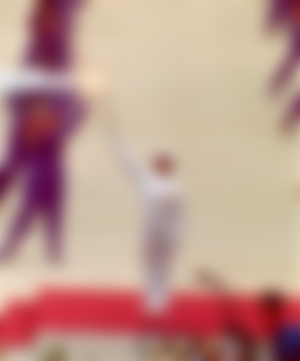
The opening ceremony was held at the Koševo Stadium, and pictures of Olympic Sarajevo toured the world. The Games were opened by Mika Špiljak, the then President of the SFRY, and the Olympic flame was lit exactly at 3:44 pm by Sanda Dubravčić, a Croatian figure skating competitor. Only a day before the start of the Games, there was not a millimeter of snow in Sarajevo. Although the cannons with the artificial white blanket were ready, the city did not exude a winter spirit. The night before the opening of the Games, Sarajevo was covered with real winter snow, which caused unprecedented euphoria. The army prepared the trails on skis all night, and thousands of citizens arranged the streets. In the morning the trails were spotless and the streets passable. The games started in a great atmosphere.

The national teams of 49 Olympic national committees applied to participate in the XIV Winter Olympics, which was a record number in the history of the Winter Olympic Games until then. A record number of participants, athletes and their companions arrived in Sarajevo, more than 2,500. The host of the competition at the Winter Olympic Games were Jahorina, Bjelasnica, Igman, Trebevic, Cvrsnica and other mountain massifs in the narrower and wider Sarajevo area, as well as the city of Sarajevo. SFRY won one silver medal, in the first men's race, the men's giant slalom. Our hero of the ’84 Olympics. He was a Slovenian Jure Franko, this medal was helped by the unexpected decision of the IOC to suspend the best skiers of that time, Stenmark and Girardelli, due to their professional engagement, because professionals were not allowed to participate in the Olympics at that time. For his medal, Franco was awarded by the state - a video recorder, which at the time was more than a rich reward for the athlete. The enthusiasm of the Yugoslav people was at its peak. Jure Franko was the personification of athletes in Yugoslavia, so the legendary banner "We love Jurek more than burek" was created and has not been forgotten even after 30 years.

The tragic hero of Igman's jumps was certainly the famous Primož Ulaga, until then called "đulaga" because he "flew like đula". Already after the first jump, it was clear that we would not celebrate on the ski jump, and Ulaga had to endure the criticism of the disappointed audience that shouted: "if you threw a laurel through the ski jump, you would fly away!". The winners in this discipline were the German Jens Weisflog on the small, and the fantastic Finn Mati Ensio Nikenen, who left the runner-up on the big jump at as much as 17.5 points behind. Although hockey is a delicacy of the Winter Olympics, in 1984 there were not many surprises. The icy field was dominated by the famous Russian five with defenders Fetisov and Kasatonov and the invincible attacking trio Krutov-LarionovMakarov. What will remain the most tender memory at the Olympics in Sarajevo is the first gold medal of Katarina Vit in figure skating, and an unforgettable dance on ice performed to the music from Ravel's "Bolero" by the British Jane Torville and Christopher Dean. Many experts claim that this was the best performance in the history of the Olympics, and this was confirmed by the jury, setting an unprecedented precedent. For the first time, all members of the jury unanimously gave this pair the highest possible grade.

Interesting facts from the XIV Winter Olympics Sarajevo 84!
According to the IOC rules, the height difference between the start and the finish of the descent must be at least 800 meters. Since the top of Bjelašnica is at an altitude of 2067m, and the finish in the plain at 1273, a few meters were missing. At the top of Bjelašnica, a facility was built as an upgrade of the mountain, and the competitors actually started from the roof of that facility, ie from a height of 2076m. Thus, the required height difference of 800 meters was obtained, ie exactly 803 meters. Competitors from the former Soviet Union (25) won the most medals, followed by East Germans (24) and Finns (13). The East Germans won the most gold medals (9), followed by the Soviets (6), and the USA, Finland and Sweden took home 4 each.
The mascot of the Games was the legendary Vučko, a small wolf designed by Slovenian cartoonist Jože Trobec. Although the competition included squirrels, lambs, chamois, prickly pigs and snowballs, a very small wolf was chosen as a symbol of people's desire to make friends with animals. According to the IOC, Vucko helped significantly change the reputation of the wolf, which until then was considered exclusively a frightening and bloodthirsty animal. The final word in the choice of the mascot was given by the readers of the daily newspapers. The organization of the XIV WOG cost 142.6 million dollars, and half of the costs were covered by the sale of the rights to the television broadcast. A total of 250,000 tickets were sold, while the TV broadcast of Sarajevo's "White Olympics" was watched by two billion people and reported by 4,500 journalists. Twins Phil and Steve Mahry won first and second place in the slalom for the USA.

Yugoslav skier Bojan Križaj, who took the Olympic oath on behalf of all athletes at the opening, which was followed by two billion people around the planet, forgot half of the text, but somehow ended with the applause of a full Koševo.

After the 14th Winter Olympics, Sarajevo, with its beautiful Olympic facilities, was left with 2,850 newly built apartments, several hotels and 9,500 new jobs. According to Goran Bregović's story, a cafe in the Dallas kebab shop charged Hollywood actor Kirk Douglas $ 100 for several portions of kebabs. After that, everyone in the city wanted to lynch him for his non-domestic behavior. They closed his restaurant because no one wanted to sit there, as he embarrassed them in front of the guests. Bregović's story is not just an urban legend, old Sarajevans remember that during the Winter Olympics, pickpockets temporarily gave up their dishonorable occupation, and that taxi drivers were so organized that no omissions occurred. Everything that guests would forget in their vehicles was duly returned. The famous Andy Warhol also participated in the Olympics in Sarajevo. Invited to collaborate in a series of posters by leading international artists called “Art and Sports,” the pop art movement icon drew a fast-sliding contestant by superimposing the superposition of two photographs, to express movement. That is how the phenomenal poster for this discipline was created.

The 1984 Winter Olympics were the first in Juan Antonio Samaran’s tenure to head the IOC, creating this man’s unbreakable bond with the city he loved. A decade later, he visited besieged Sarajevo and looked at the burning Zetra with tears in his eyes. After the war, the IOC provided funds for the renovation of this building. Samaran did not forget him at the opening of the Games in Lillerhammer in 1994, when he called on the world to pay tribute to Olympic Sarajevo with a minute of silence. While she was playing the song "It was nice in Sarajevo", Vucko, the mascot of the Sarajevo Games, was coming down from the roof of the hall. The whole of Yugoslavia participated in the organization of the Winter Olympics in Sarajevo with great enthusiasm, although before the submission of the candidacy, the Slovenes strongly opposed, considering the organization of the Games a great and unnecessary expense. The unfortunate circumstances that befell the former Yugoslavia in the 1990s have certainly contributed to the fact that the top sports fields built for the '84 Winter Olympics look abandoned and neglected today.

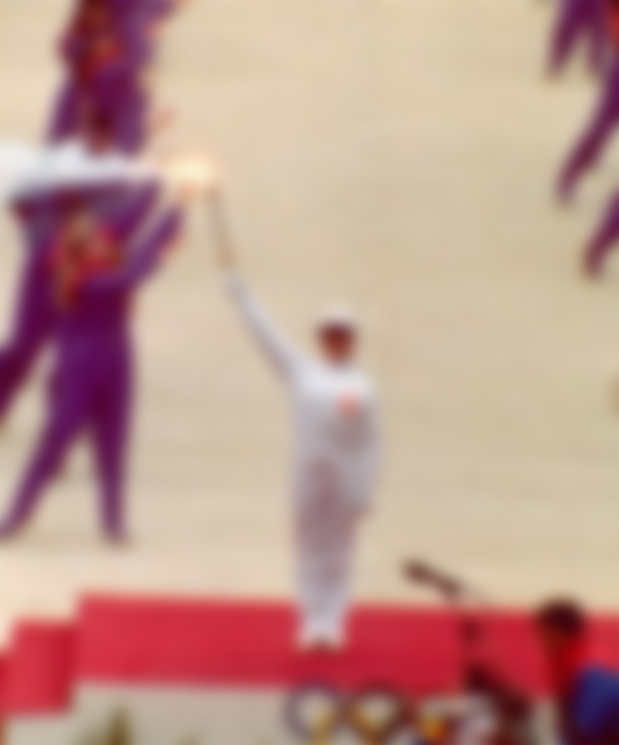



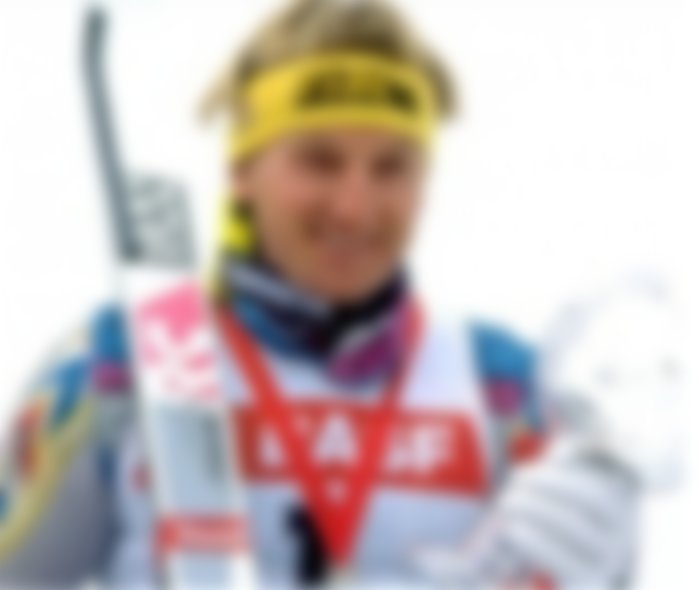
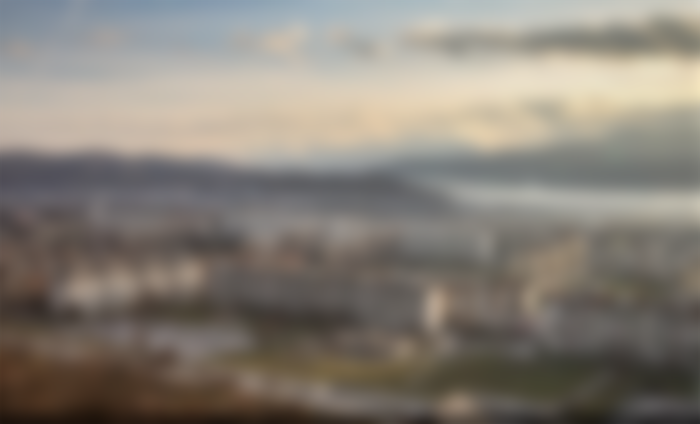
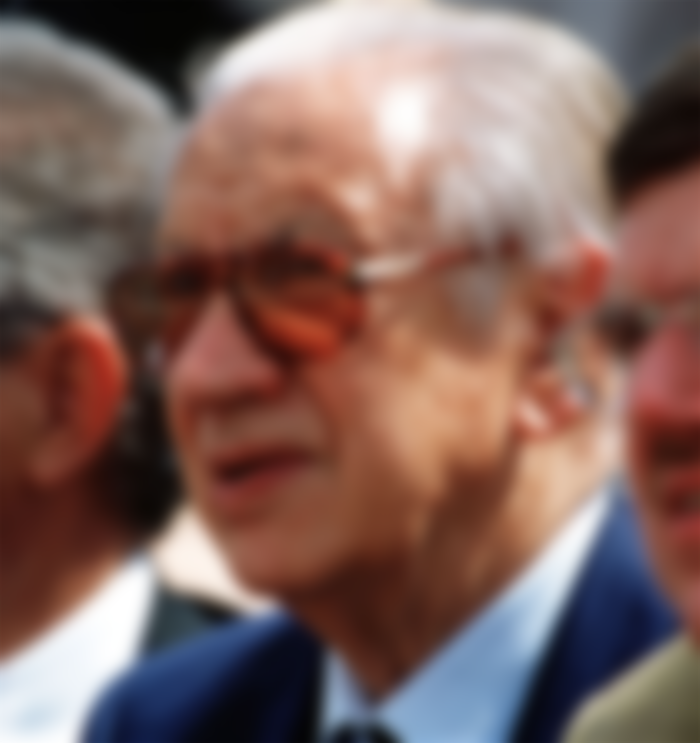
Vučko i remember this